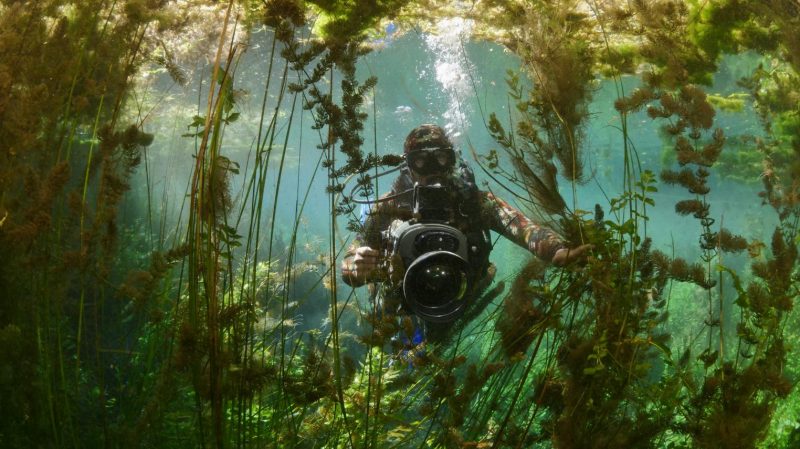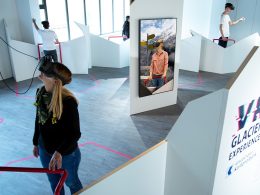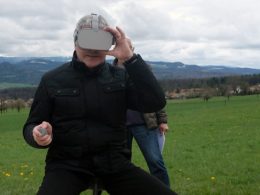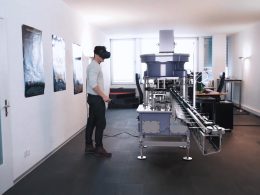If you don't have direct access to nature - either because you need care or are in quarantine due to coronavirus - nature films can help reduce boredom. If people can also use VR, there are even more benefits. This is the conclusion reached by a team of researchers from England.
The second coronavirus wave has swept the world with a vengeance. Some people are now having to stay at home again, either completely or more often. Many are turning to television or streaming services. It's best to choose something for the mind. And what could be better than nature documentaries?
A team of researchers from the University of Exeter in England has now written in the "Journal of Environmental Psychology". Test subjects who had previously been shown a boring film felt much better after watching five minutes of a coral documentary.
BBC team helps out
The researchers were supported in their study by the BBC team from "Blue Planet II". They provided previously unpublished footage from "Blue Planet II". A five-minute sequence was shown in a coral reef with colourful fish and a turtle, either in normal TV format, as virtual reality or as interactive virtual reality. The BBC team ensured that the audiovisual experience was as similar as possible in all three settings.
VR connects with nature
The result: While all three settings were able to dispel boredom, interactive virtual reality also led to increased feelings of closeness to nature and a sense of being present in nature. The authors of the study, led by doctoral student Nicola Yeo, were surprised at how effective watching television alone was in relieving boredom.
"With our laboratory study, we wanted to find out whether different virtual forms of nature can reduce boredom," write Yeo and colleagues. "Boredom is a widespread negative emotion that is also associated with poor health and reduced well-being - especially in people who cannot change their situation, for example because they are in need of care." Yeo is therefore next planning a study with people in care to find out whether the results from the laboratory are confirmed in them.
The Federal Council should give VR glasses to people who are locked up at home in quarantine and those in need of care, some of whom are locked up in care homes. That would be something! Because going out into nature is certainly something that many people miss.
Source: tierwelt









